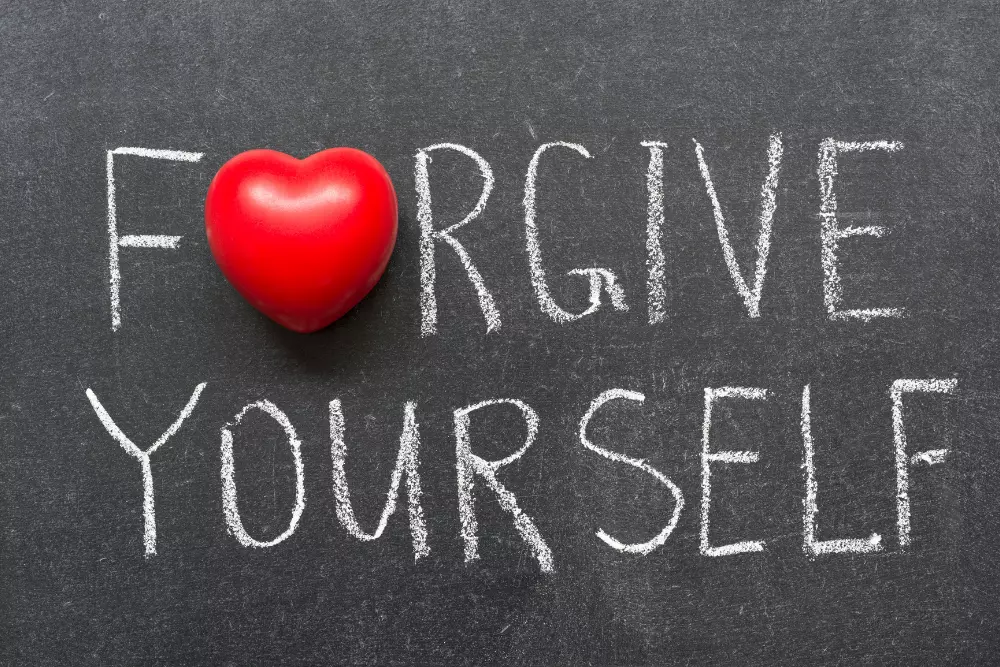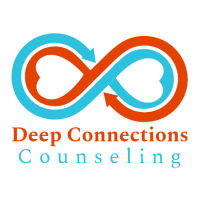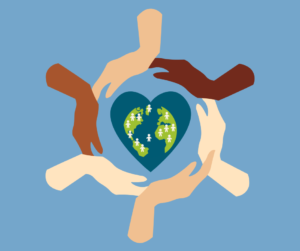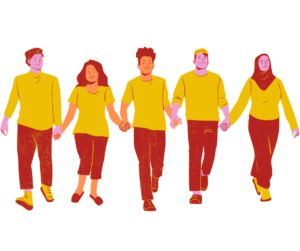The path to a better relationship is self-forgiveness. Because you can only truly forgive someone else if you are at ease in your own skin first.
So, how do you achieve self-forgiveness? How do you move on from past mistakes and learn to forgive your partner? Practicing self-forgiveness can help you release anger from your partner and rebuild harmony in the relationship.
A common process is to work through the four steps of self-forgiveness as recognized by modern research.
Following the 4 Rs of Self-Forgiveness
Those four steps are Responsibility, Remorse, Restoration, and Renewal – also known as the “4 Rs.” If you can honestly and genuinely make your way through these four steps, you are well on your way to forgiving yourself.
1. Responsibility
The first step is to accept what happened while showing compassion to yourself. This helps you avoid the self-destructiveness of negative emotions.
Initially, this is usually a verbal or intellectual acceptance of what happened. Depending upon the situation, this can be an acknowledgment that something was your fault, or even that it was not your fault.
2. Remorse
Second, allow yourself to feel those negative feelings associated with responsibility. Whether it’s letting go of guilt (the insidious sense that implies you’re a good person who did something bad) or shame (the poisonous feeling that you are socially irredeemable), both need to be channeled into remorse.
Feelings of worthlessness, low self-esteem, depression, aggression, and, at worst, despair, can be lightened by allowing remorse to the surface. Feel the responsibility and you’re halfway to self-forgiveness.
3. Restoration
This is the path you take to repair the damage that was caused. You need to reach out to others as a way of restoring yourself.
Look wider afield to the community for healing. You do not exist alone — no one is an island — and nothing is a one-way street. Why is it important for you to do this? Because the simple truth is that human beings are social creatures. This means that we function best in groups where we feel the comfort and support of companionship.
4. Renewal
One way to think about this step is that it involves a kind of self-reflection. Looking hard at what you did to understand why – and how you can avoid making the same mistake in the future. It is a way to improve yourself and learn to be better in the future.
Engaging in renewal is the way to avoid self-hatred: renewal is the engine of the future, something that helps you prevent self-pity and rumination. Additionally, it helps you continue your journey to greater heights of self-healing, self-emancipation, and self-love.
After You Have Completed Your Journey of Self-Forgiveness
Following these four steps reflects your personal journey of self-forgiveness. Once you have cycled through the list for yourself, you can now initiate it with your closest relationship (after yourself, of course!): your partner. Do so and you can take your relationship to new heights as well!
Of course, true forgiveness of any kind can be difficult. If you find that you are having a hard time either with self-forgiveness or forgiving another, don’t hesitate to reach out for professional support.
Our therapists at Deep Connections Counseling have experience in helping couples work through their problems and start a new chapter together. If you’d like to learn more schedule a free 15-minute consultation here!

Kinga Gudor, PhD
Kinga is a Licensed Clinical Social Worker (LCSW) with more than 15 years of experience. She specializes in couples therapy and working with individuals from a multicultural background.











